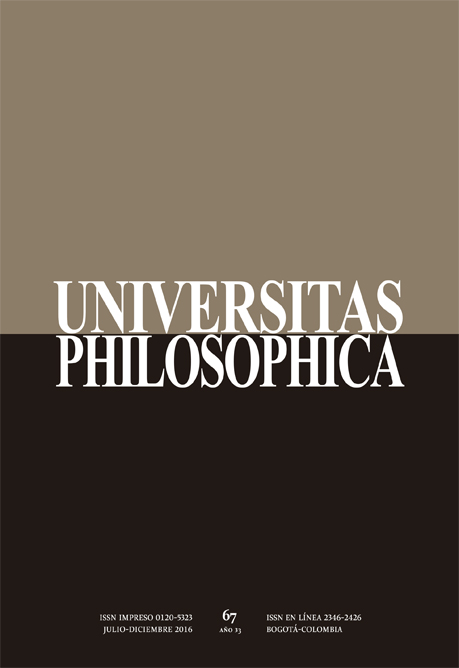Abstract
Based on Plato’s Gorgias, the thesis of this paper is that the Socratic approach to politics encourages the acceptance of our own vulnerability as a form of openness to otherness and as a way of enacting autonomy. The argumentation consists of three parts. First, it is shown that recognition of vulnerability leads to the acknowledgment of the other and, subsequently, to the positive valuing of the other’s needs. Second, it is argued that justice presupposes autonomy, for it reveals the desire for the common good as a self-imposed law. Finally, the article shows how the knowing of what is just emerges from a dialectical labor with language, emphasizing its performativity and its capacity to provoke emotions and desires. It is concluded that the political wisdom springs up as a rapture towards the limits of our aspirations and possibilities.
This journal is registered under a Creative Commons Attribution 4.0 International Public License. Thus, this work may be reproduced, distributed, and publicly shared in digital format, as long as the names of the authors and Pontificia Universidad Javeriana are acknowledged. Others are allowed to quote, adapt, transform, auto-archive, republish, and create based on this material, for any purpose (even commercial ones), provided the authorship is duly acknowledged, a link to the original work is provided, and it is specified if changes have been made. Pontificia Universidad Javeriana does not hold the rights of published works and the authors are solely responsible for the contents of their works; they keep the moral, intellectual, privacy, and publicity rights.
Approving the intervention of the work (review, copy-editing, translation, layout) and the following outreach, are granted through an use license and not through an assignment of rights. This means the journal and Pontificia Universidad Javeriana cannot be held responsible for any ethical malpractice by the authors. As a consequence of the protection granted by the use license, the journal is not required to publish recantations or modify information already published, unless the errata stems from the editorial management process. Publishing contents in this journal does not generate royalties for contributors.


